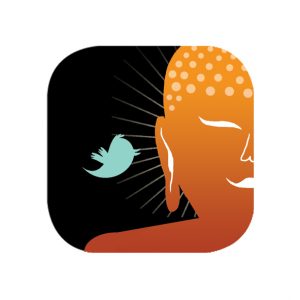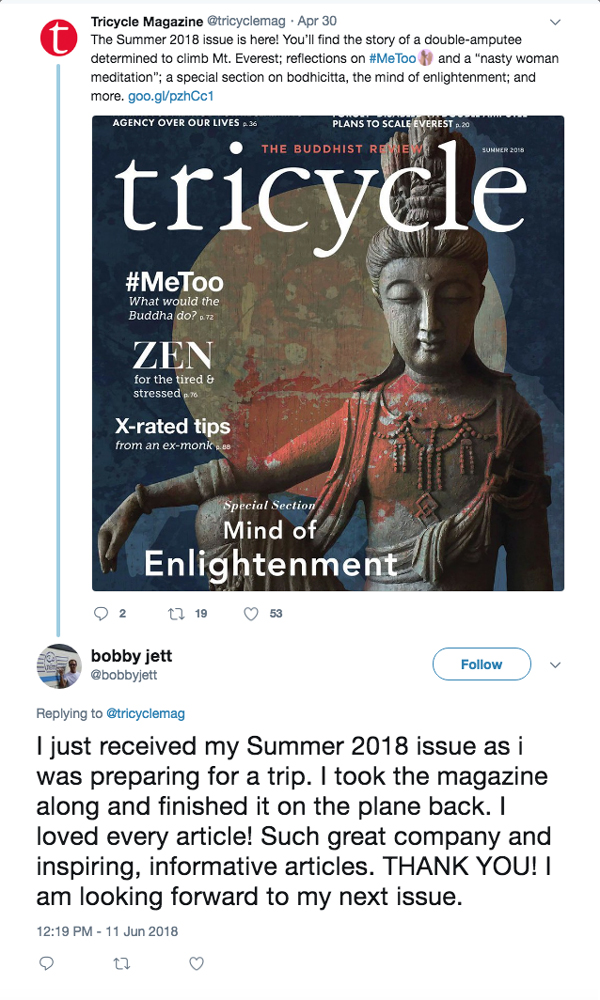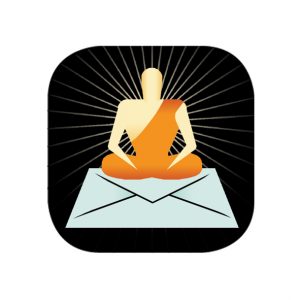A Practice of Distinction
Thank you so much for this wonderful, wise, and timely article by Peter Doobinin on mindfulness practice as the Buddha taught it, which was not as a passive activity (“Reclaiming Our Agency,” Summer 2018). Your article makes it very clear that while all forms of mindfulness practice, including the purely secular, are to be celebrated, the Buddha’s version, which can lead to complete liberation, ought to be cherished.
–Kevin Knox
Tucson, AZ
Calling for Burmese Self-Reflection
Matthew Gindin’s “The Rohingya Are Not the Only Ones” (Trike Daily, June 15, 2018) is a must-read that puts Myanmar’s ethnic inequities in historical context and underscores the dire need for self-reflection within its Bamar Buddhist majority (and, I would add, within the Burmese diaspora). I hope to be a part of this self-reflection for years to come.
–Khin Mai Aung
Brooklyn, NY
Dharmic Takeaways from #MeToo
Some readers of Noelle Oxenhandler’s “Mind the Gap” (Summer 2018), a Buddhist take on the #MeToo movement, were motivated to publicly reflect on their own sometimes ambivalent experiences.
When I was 13, a 33-year-old man made a pass at me while he was teaching me how to ballroom dance. We kissed, but I pushed him away. Far from being traumatized, I felt like an adult. Right after the guy left I brushed my teeth to get the taste of the kiss out of my mouth. Was I “ready” for that experience? Physically, no; but psychologically, yes. What I take from this article and the dharma in general is the message that we should not let strong negative experiences with very real negative consequences define or solidify us. Thank you.
–Veena Gokhale
Montreal, Canada
As I approach 70 years of age, I’ve learned a good deal about men through working as a mentor for Boys to Men USA. I don’t see the elderly men in black berets who “thwacked” the author on the “rump” as acting out of erotic desire. Rather, I surmise that their actions were a sad attempt to show that they were still men. These were men who were not raised in a culture or time that taught them all that a man can be—in other words, someone whose identity is built not on the disrespect or dismissal of others, but on his own inherent goodness.
–Alex Rounds
Takoma Park, MD



Send letters to editorial@tricycle.com, post a comment on tricycle.com, or tweet us at @tricyclemag.
Thank you for subscribing to Tricycle! As a nonprofit, we depend on readers like you to keep Buddhist teachings and practices widely available.

